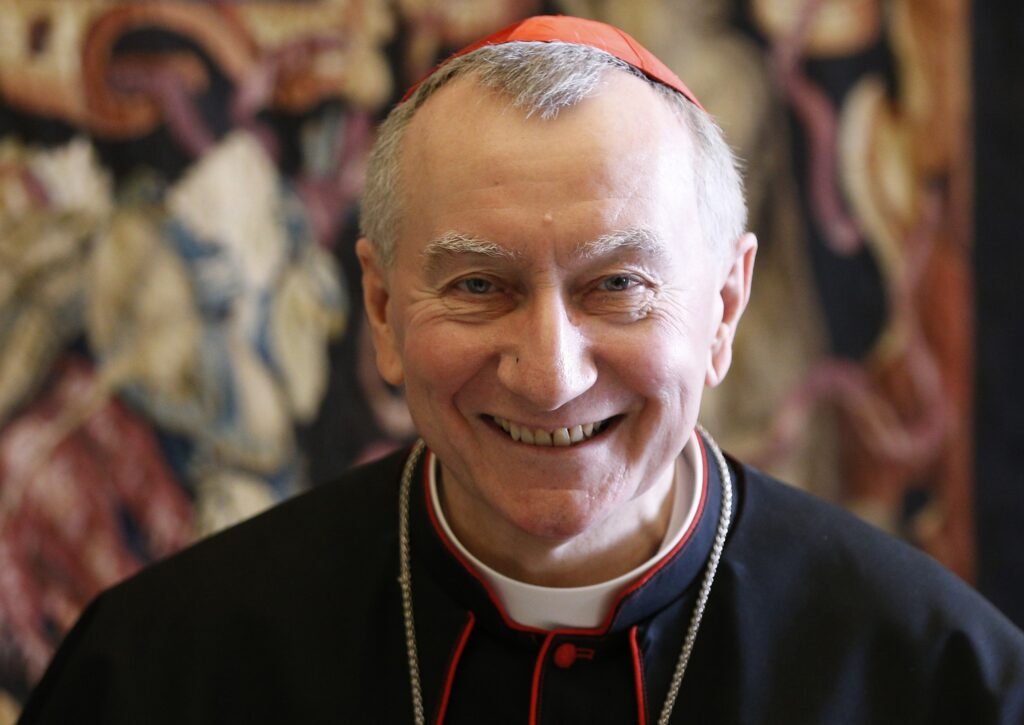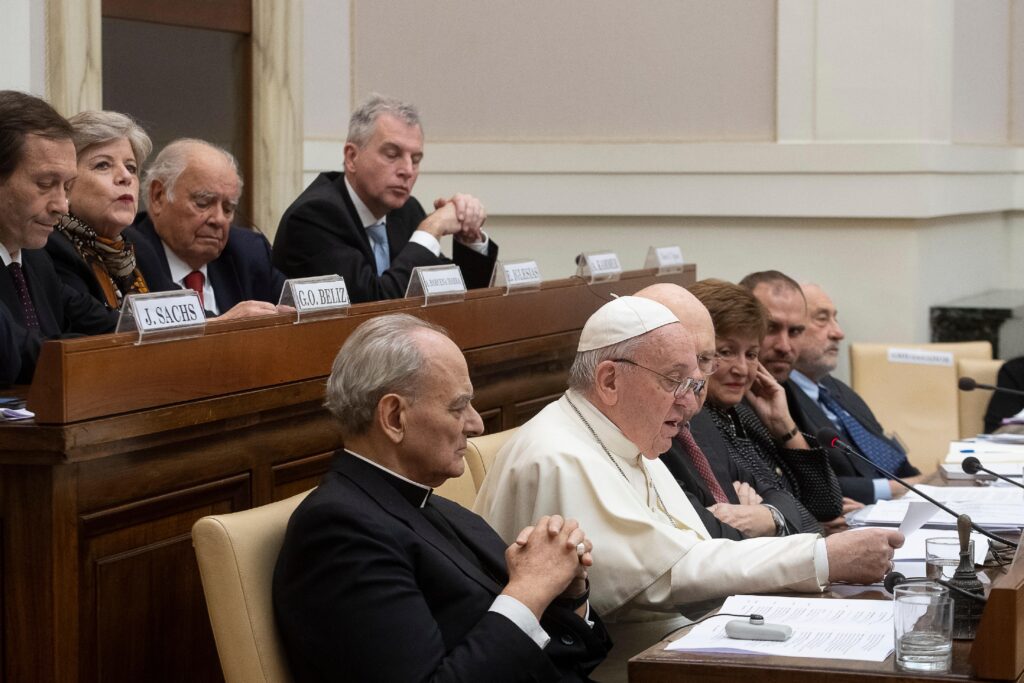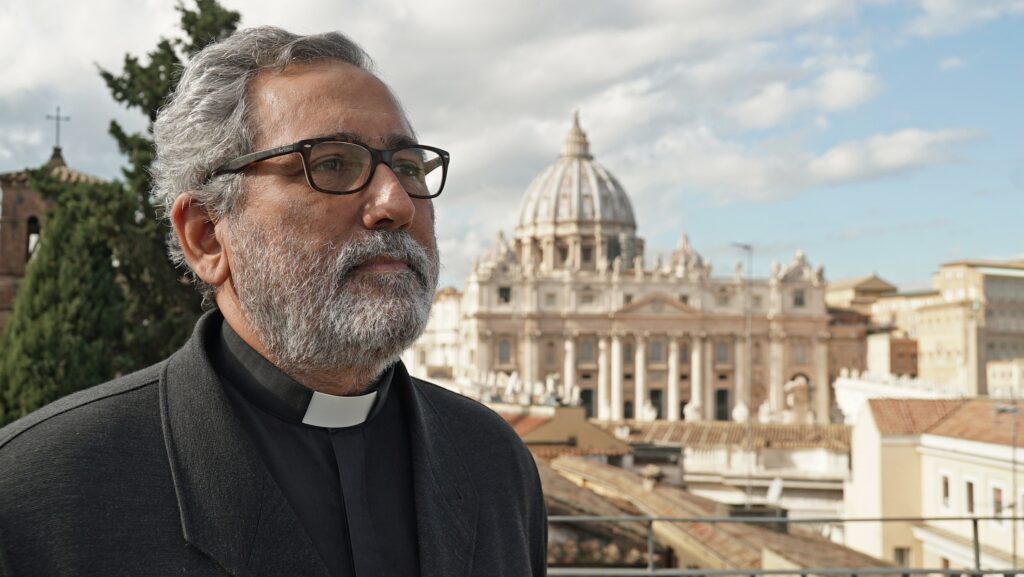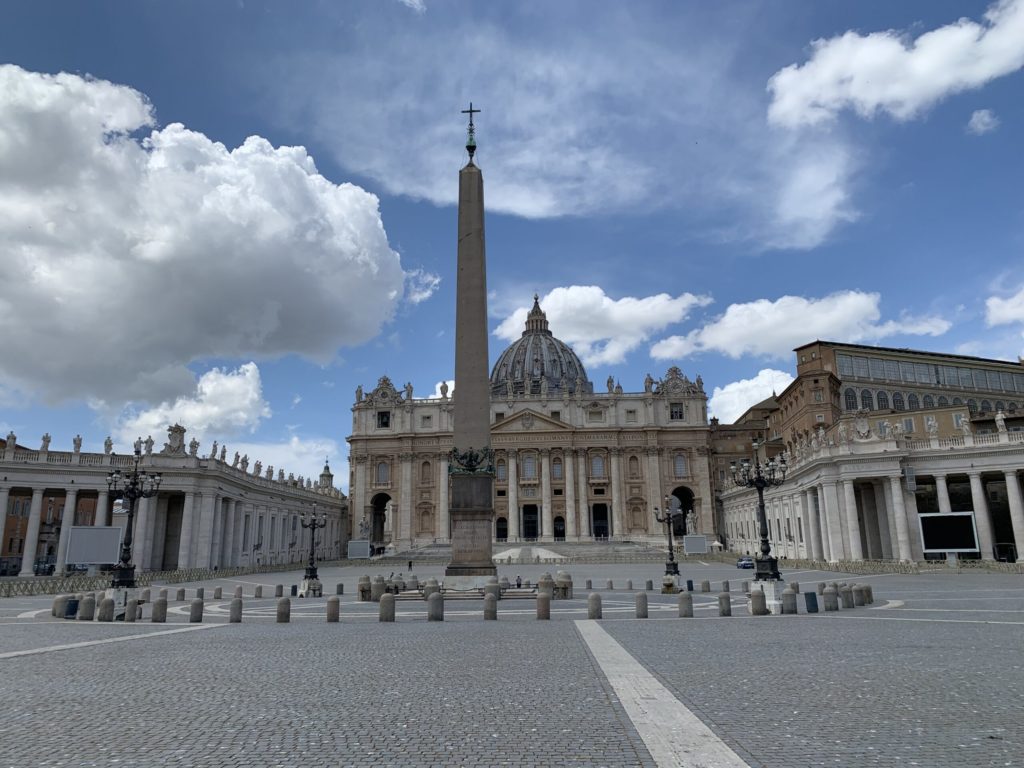A letter from Pope Francis dated August 25 to Cardinal Parolin anticipates the handover to the APSA that became operative on the afternoon of November 4 in the presence of the Pope.
"I have reflected and prayed". This is how the Pope Francis in the letter that on August 25, 2008, he delivered to the Cardinal Pietro Parolin. It states that the Secretariat of State no longer independently administers or manages financial and real estate assets.but that the transfers to APSAThe Administration of the Patrimony of the Apostolic See, a sort of central bank of the Vatican City State.
Within the framework of the reform

In addition to the financial scandals that have recently affected part of the management of the "..." (see below).Third Loggia"- as they refer to it in the jargon of the apparatus of the Secretariat of State, due to the location of the offices in the Vatican Apostolic Palace - this decision of the Pope has matured in the general framework of the reform of the Roman Curia, which for several years now, starting in 2014, has already implemented reforms in the management of the economy.
We recall, as an example, the the creation of the Council for the Economy, the Ministry of the Economy - initially entrusted as Prefect to Cardinal Pell and now to Cardinal directed by the Jesuit Juan Antonio Guerrero Alves - and the figure of the Auditor General (motu proprio February 24, 2014), with subsequent approval of the Bylaws the following year.
More evangelical, transparent and efficient management
The Holy Father's decision has come to maturity - after several other changes initiated in various Bodies and Dicasteries - to ensure a management of the resources donated by the faithful that is still "more evangelical, transparent and effective"also surpassing "unnecessary and harmful overlaps, fragmentations or duplicationsThe "Curia offices" are now in operation.

The explicit concern expressed by the Pontiff, specifically with regard to the Secretariat of State - that "is undoubtedly the Dicastery that most closely and directly supports the Holy Father's action in his mission."- is avoid duplication of functions already attributed to other Vatican bodies, but it is undeniable that current events have had an enormous effect in accelerating this reflection.
We refer to the famous, and somewhat unpleasant, history of the real estate investment in London (Sloan Avenue) which dates back to 2014 and the uses of the Maltese fund CenturionThe investigation by the Vatican authorities is ongoing and has recently led to the resignation of the former replacement of the Secretary of State, the Card. Angelo Becciuwith all that has resulted.
The Pope in his letter to Parolin expressly asked, already on August 25, "leave as soon as possible"of this investment, "or, at least, dispose of it in such a way as to eliminate all reputational risks.".
An end to discretionary funds
On the practical level, the Pontiff also states that. all funds administered by the Secretariat of State must be incorporated into the consolidated budget of the Holy See.This will put an end to the "discretionary funds" for the use of the various Substitutes, as was the case in the past, and the Secretariat itself will be provided with a budget approved through the usual mechanisms as has been the case -for some time now, since the Pell administration- for any other Department.
Control and supervision in administrative matters should also be exercised, as in other cases, by the Ministry of Economy; and the Secretary of State's Office will no longer have oversight responsibility and control in this area over any entity, even if related to it.
Clarity, transparency and order

The news communicated today is that finally - at a meeting chaired yesterday afternoon by Pope Francis himself - the long-awaited "Passage and control commission". desired by the Holy Father in his letter of August 25, will become operative with immediate effect. This commission will be responsible for carrying out, in the next three months, what had been ordered. The Commission is made up of all the heads of the offices concerned, namely, the Bishop Edgar Peña Parrathe Secretary of State, the Secretary of State's alternate, the Bishop Nunzio GalantinoPresident of the Administration of the Patrimony of the Apostolic See, to whom the financial management of the patrimony will be passed on, and the Father Juan Antonio Guerrero AlvesPrefect of the Secretariat of Economy, who will exercise the control functions.
It was precisely the latter, in a interview granted to Vatican News on October 1 of this year, who anticipated these measures, appreciating the work carried out by in the previous months by the Secretary of State in the line of ".clarity, transparency and order".









